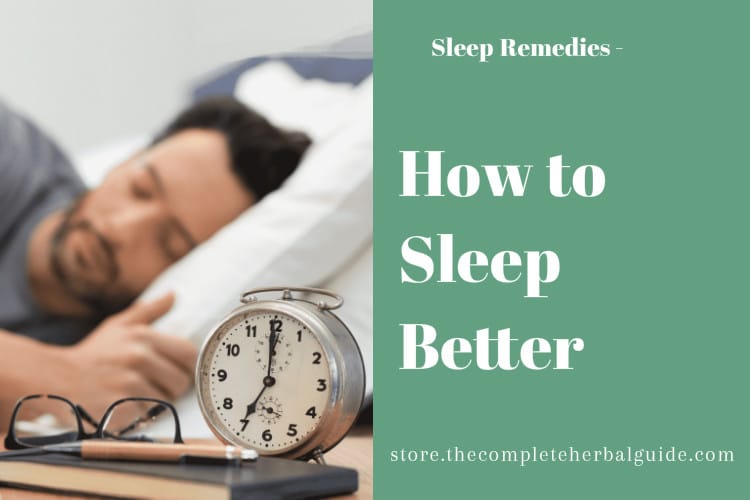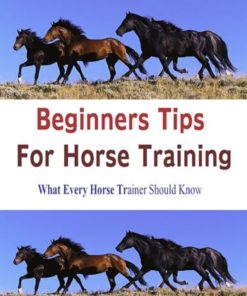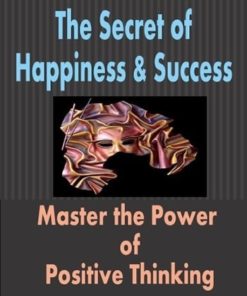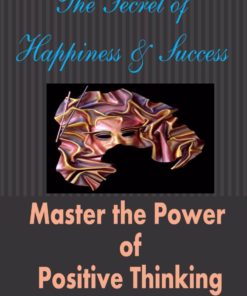Health and Wellness
How to Sleep Better
Written by Dr. Allison Brager
Looking to sleep better in 2019? Here’s how you can optimize your sleep as you head into the New Year. Getting high-quality sleep is one of the most important things you can do to impact your health. Just ask Lebron James, Roger Federer, Maria Sharapova, Usain Bolt, Venus Williams, and Steve Nash about the importance of sleep. If superstar athletes place such a high priority on sleep because of the performance boost it gives, shouldn’t we as well?
There are Two Key Components for Optimizing Sleep:
Amount of Sleep
Like many things in life, how much sleep one needs falls along a bell curve. Most humans need an average of 8.4 hours of sleep per night in order to perform at their (relative) best. This has been empirically studied and validated across decades of research. Make it a priority to get 8.4 hours.
Sleep Timing
Timing really is everything. Our bodies and brains have sets of self-sufficient, self-operating, and self-sustaining biological clocks. In the lab, I study the clocks of both mice and men. What we consistently find is that nearly every type of behavior that is considered “routine” becomes hard-wired. These biological clocks adjust physiological demands (e.g., hormone release, hunger, alertness, and sleepiness) around the time of these routines. After such adjustment, optimization occurs. Be a master of routine!
As humans, we benefit greatly from routine. Throughout the night, the timing of sleep dictates how much the body transitions through two very important and functional types of sleep. The first type of sleep is known as Non-Rapid-Eye-Movement (NREM) sleep. It promotes recovery and repair in your body. This is the time when your body physically rebuilds itself.
The second type of sleep is Rapid-Eye-Movement (REM) sleep. In pop culture, REM sleep is talked about much more than NREM sleep, and rightfully so! When REM sleep occurs, it is the time that your brain is cognitively restored. We selectively process, encode, and store information, skills, and life events during REM sleep. In fact, researchers have found that people who are actively deprived of REM sleep often have poorer performances on motor skills and mental exercises. These performance decrements can be restored with a power nap in the afternoon – a time when REM sleep is physiologically favored.
Other New-Age and Primal Tips for Optimizing Sleep:
• Focus on nutrition. Science is constantly proving that “we are what we eat.” You may have come across the buzzword “microbiome” – the idea that our guts’ bacteria have a directly profound effect on physiology and behavior. Ratios of good versus bad gut bacteria are dependent upon the food we eat. Prioritizing greens, healthy grains, fats, and proteins throughout the day stabilizes the body’s blood sugar levels. Eating a low sugar, high protein snack before bed prevents blood sugar levels from spiking during the night partly due to its slow digestion.
• Minimize Light at Night. The light emitted from cell phones, tablets, and HDTVs actively suppresses the release of melatonin: “the hormone of darkness”. Melatonin is released to help us fall asleep and stay asleep. However, melatonin release is extremely sensitive to light, particularly LED light. Put away your technology at night and read a classic!
• KEEP A SLEEP DIARY. There are plenty out there. Check out Apple’s ‘Health’ app. While most (if not all) do not accurately detect deep stages of NREM sleep or REM sleep at night, these devices promote goal-oriented behavior at the very least. Pen and paperwork just as well.
Three Nutrients to Prioritize:
• Magnesium: Most people are magnesium-deficient and need to supplement. In fact, research shows that half of the US population is deficient. Magnesium helps to maintain a healthy neuromuscular system, allowing you to become fitter, faster, stronger, and sleep better. Foods rich in magnesium include dark leafy greens (e.g., kale and spinach), almonds, cashews, black molasses, nuts, and seeds—especially those of the pumpkin and squash variety.
• Vitamin E and Iron: Restless legs syndrome and general nervous system fatigue are common with intensive training. Vitamin E and iron help to maintain a healthy vascular system, helping with oxygen transport. Foods rich in Vitamin E and iron include sunflower seeds/oil, red meat, and eggs.
• Vitamin B: Vitamin B is well-known to promote energy and alertness, but do you know that it can also promote sleep? Vitamin B aids in the conversion of the amino acid tryptophan into serotonin: a neurochemical driver of sleep. One lesser-known but potent source of Vitamin B and other valuable nutrients is blue-green algae. Or just grab a bottle of kombucha tea!
Do whatever you can to achieve the golden 8.4 hours of sleep per night. It’ll be the single greatest thing you can do to positively impact your health.




